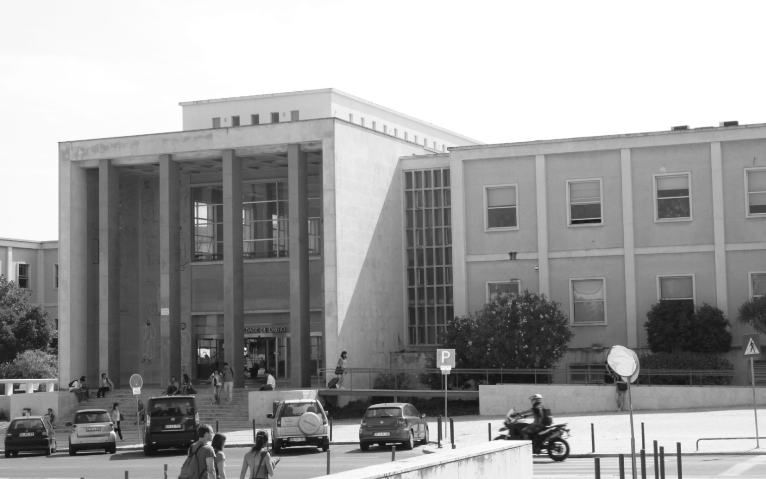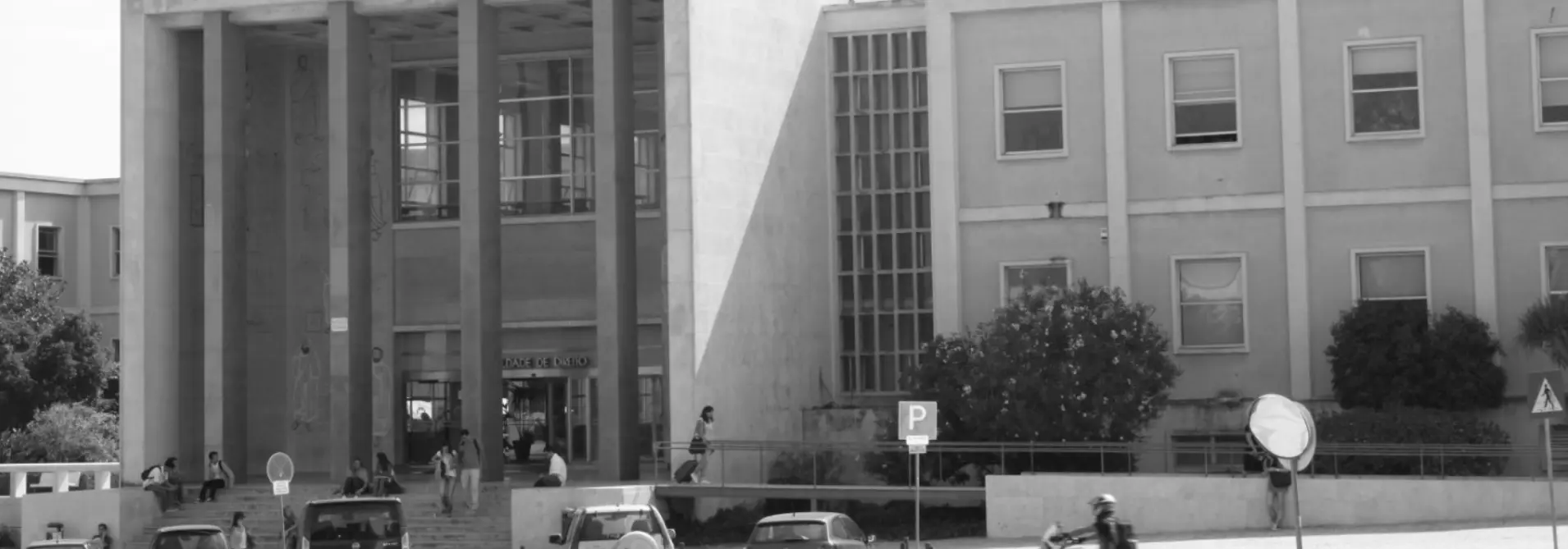ABOUT
TEAM
RESEARCH
LPL EDITIONS
RESEARCH ACADEMY
HAPPENING
RESEARCH
International and European Law
Conflitos Armados e Direito Internacional

Consultants:
Carlos Blanco de Morais (LPL); Maria Luísa Duarte (LPL); Fernando Loureiro Bastos (LPL)
Carlos Blanco de Morais (LPL); Maria Luísa Duarte (LPL); Fernando Loureiro Bastos (LPL)
Financing:
UIDB/04310/2020
UIDB/04310/2020
Project Status:
Ongoing
Ongoing

Summary
The project aims to map the responses of Public International Law to armed conflicts, internal or international, in three distinct dimensions: United Nations responses, jurisprudence of International courts, and refugee protection measures.
Each of these approaches will be addressed in a different year. In 2023, the type of interventions carried out by the United Nations in armed conflicts will be mapped. 2024 will be dedicated to studying the most relevant judicial decisions from the various international courts relevant to the matter. In 2025, several normative solutions in International Refugee Law will be analyzed in response to migratory flows arising from conflicts.
The project aims to provide a repository of information to critically reflect on the DIP's responses, in the three dimensions indicated, to conflicts that occurred in the past, in order to build knowledge for the development of general theories and to think about responses to future challenges.
Objectives
The project aims to demonstrate the role of International Law “in action” in three distinct aspects in conflict scenarios. The objectives are as follows:
1. Contribute to the advancement of knowledge in matters of International Law on the use of force, creating a repository that allows the analysis of concrete cases of practical application of the Law;
2. Provide a base of relevant information for the study and development of general theories in matters of International Law on the use of force, such as self-defense, humanitarian interference and the responsibility to protect, international crimes, international humanitarian law, the protection of human rights in a scenario of armed conflict, the attribution of state responsibility, the responses of International Refugee Law to the flows of people displaced by armed conflicts;
3. Allow the proposal of appropriate solutions, in the three dimensions mentioned, to ongoing or future conflicts, based on lessons learned from past experience.
Relevance
78 years after World War II, Europe finds itself witnessing a new War, which involves one of the Permanent Members of the CS. On the other hand, they persist
medium-intensity conflicts, which have put the United Nations global security system to the test. International Courts continue to decide cases relating to armed conflicts, but the effectiveness of jurisdictional decisions remains dubious. Finally, the number of people displaced due to conflicts has surpassed all records in history. Here too, the DIP has not been able to provide effective responses, continuing to rely on the concept of persecuted refugees, contained in the 1951 Geneva Convention, and leaving responses to the protection of groups of war displaced people to regional, or even national, law. which have been immensely varied and disparate.
The persistence and worsening of conflicts, the inoperability of the global security system, disrespect for the decisions of international courts and the lack of responses to the flows of displaced people are therefore very important current challenges for the DIP. To think about responses to them, it is essential to study past experiences, which will allow us to build general theories and draw guidelines for future challenges.
.
No data was found
.
No data was found

